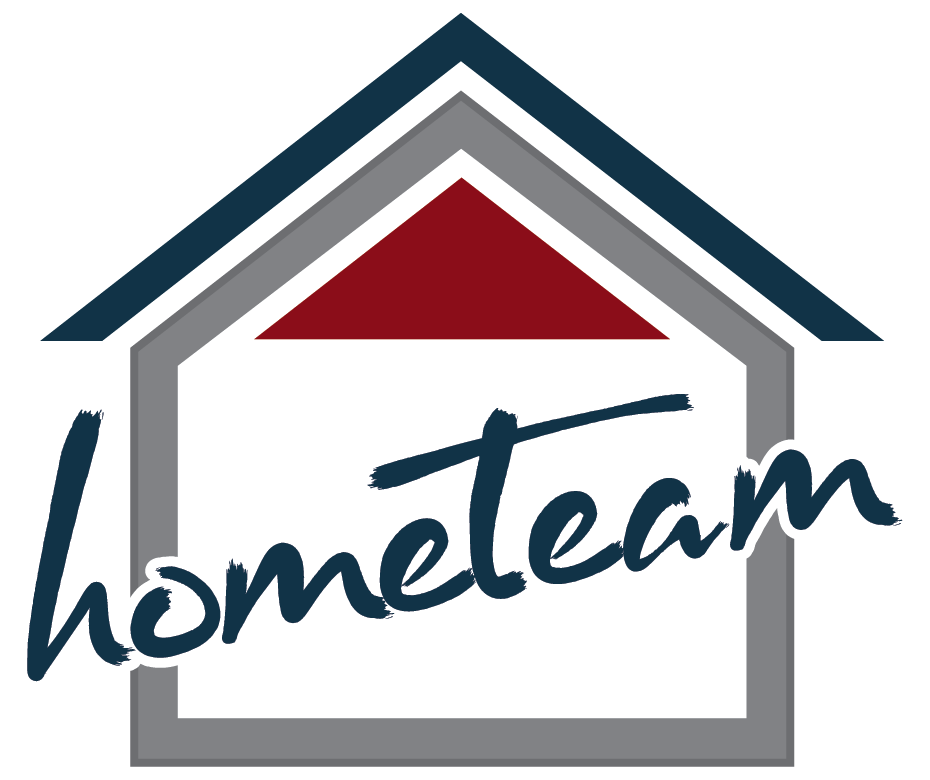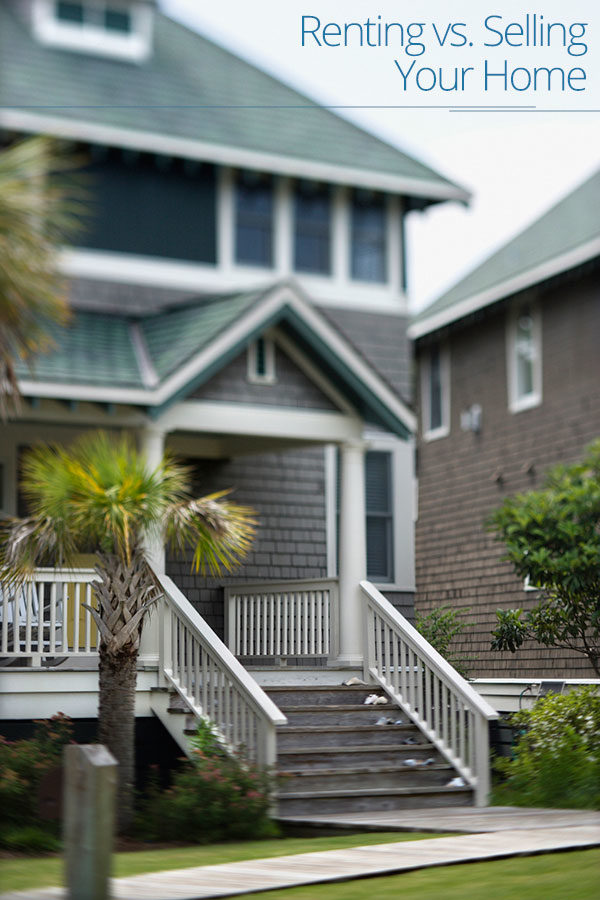Selling your home is tough enough under normal circumstances. Under certain conditions, it may be easier and more advantageous to rent out your current home.
Here are a few preliminary questions to gauge whether renting might be a good option.
- Can you qualify for the next home’s purchase while still owning your current home?
- Can the amount you charge for rent cover your mortgage and expenses?
- Is the resale market continuing to rise or fall?
- Finally, is your move permanent?
If you’re up for the task of renting out your home, here are a few of the pros and cons that can come with renting.
Pros:
The biggest advantage to renting out your home is quick and consistent income. The timeline to market a rental, find a qualified resident, and allow the resident to take possession of the home can be significantly faster than the timeline to sell. Your home won’t sit empty for prolonged periods of time and you’ll get a nice influx of cash. Those monthly payments can also help pay down your loan balance and increase your equity. Having a quickly signed lease agreement on your old home will help move you into your new home.
Another advantage of renting is that it ensures someone could maintain the interior and exterior of your home with your direction. Think of it as an extra set of eyes on your property – someone who can readily identify problems or maintenance issues. Having tenants also reduces the risk of vandalism.

Another benefit is that it keeps the option open to either move back in, pass the house down to a family member, and/or sell the home at an appreciated value once the market trends in your favor. Who knows, maybe the current resident will even purchase the home!
Cons:
One major disadvantage of renting out your home is that it often means relying on a complete stranger to be a good steward of one of your largest investments. They may not treat your property with the same respect you would. You could charge a month or two month’s rent security deposit, but keep in mind it’s possible for a resident to do much more damage than the deposit guarantees.This is why doing your due diligence on the front end is vitally important to finding a trustworthy, conscientious tenant.
Another drawback to renting is that some of your capital may be tied up in your current home, making it difficult to purchase your next home. Even if you get pre-approved, without the net proceeds, your mortgage options may be limited.
Lastly, there are some tax implications that come with owning a rental property. Although you’re using the rent to pay for a mortgage and other expenses, your property still qualifies as income and therefore, it’s taxable. Not only that but if it’s rented for an extended period of time and then sold, the profit from the sale could face a capital gains tax.
Renting out your home can be a great short-term solution or even a chance to create passive income that will last for several years. Renting comes with some wonderful financial benefits, but there are a few practical considerations along the way. Talk to friends or acquaintances with experience renting out properties of their own. Gain insight from their experiences so that you have a realistic picture of what renting looks like. Weigh the good with the bad, and know that there’s always another option available. The question to ask is, which is right for you; selling or renting?
Want to start looking to rent right now? Head to our sister company ForRent.com and check out their properties for rent.

